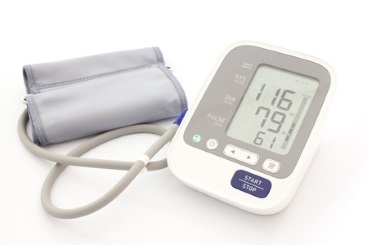 The right drug, at the right dose, at the right time
The right drug, at the right dose, at the right time
Save your heart! Opt for personalized treatment for a healthy body and avoid severe side-effects.
Clopidogrel (blood thinner)
Clopidogrel is a blood thinner given to heart patients. Higher doses increase risk of internal bleeding whereas lower doses increase risk of heart attacks. Hence, precise dosing is important. This test will do just that, it will suggest the correct dosage based on 3 common genetic variants that affect YOUR metabolism.

Warfarin (blood thinner)
Warfarin (coumarin) was invented as a rat poison and is used widely in heart and stroke patients. The dose-response between patients varies 10-fold, requiring warfarin dosage to be adjusted in each patient. This test will analyze two genes and suggest individualized dosage according to YOUR metabolism.

Statins (high cholesterol)
Statins are the most prescribed drug to reduce cholesterol. 1 in 4 patients on statins are prone to muscle damage (with or without muscle pain and cramps). Genetic variations affect the rate of drug clearance from the body increasing this risk. This test will assess YOUR risk and suggest targeted treatment.

Thrombophilia panel (risks)
Thrombophilia, or hypercoagulability, is the abnormal clotting of blood that can lead to catastrophic events affecting the heart and brain. This test will look for genetic variants in three different genes which may increase the risk 2-80 times and suggest therapy. Especially for those at high risk under 55 years, or with family history.

Beta-blockers (high BP)
Beta-blocker is a drug used to control high blood pressure. Patients with genetic variation will have poor response to this drug, insufficient BP control, and increased risk of heart disease. Long-term beta-blocker use in these patients may also cause diabetes. Whereas, those with the right genetic make-up will have good BP control with this drug.

Diuretics (thiazides, high BP)
Diuretics are most commonly prescribed for hypertension (high blood pressure). In some cases, they do not control blood pressure sufficiently leading to cardiovascular and cerebrovascular complications despite the use of medication. This test looks for the genetic variation and suggest personalized therapy for hypertension.
